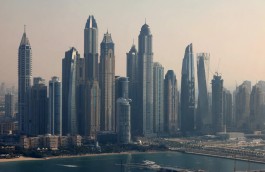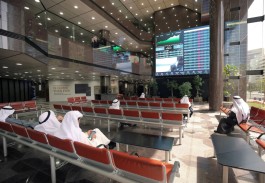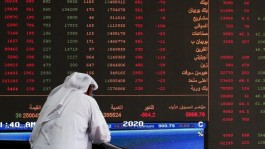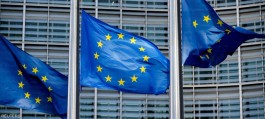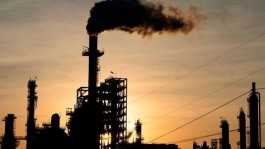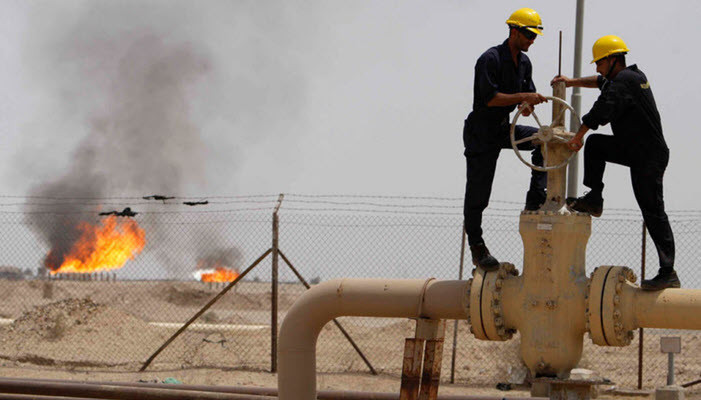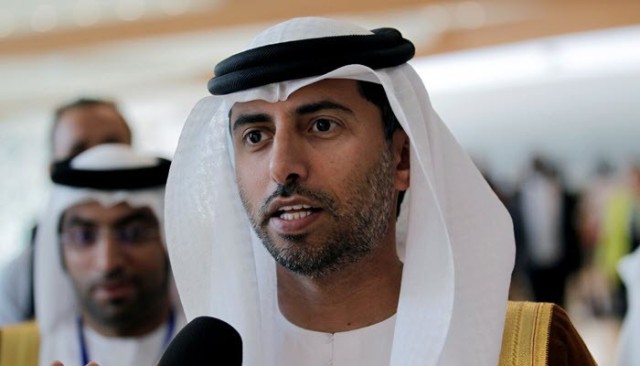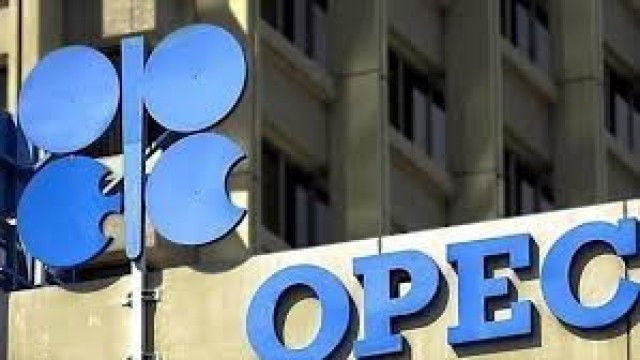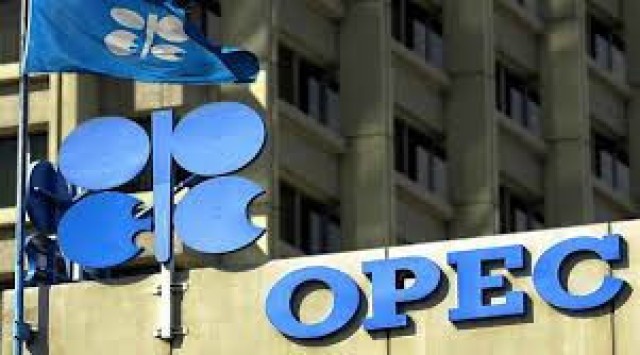Arqab added in a media statement that his country has all the capabilities to be able to bypass this process without affecting its income from hard currency, while at the same time expecting a recovery in oil prices and movement. Economy.
He stressed that the decision made by the (OPEC +) group meeting last Thursday, to reduce production rates will be offset by a recovery in the markets, and all this will restore the balance on Algerian incomes from Hard currency.
Arqab described the meeting as important and allowed to study the proposed agenda and how to reach an agreement between all members of the Organization of Petroleum Exporting Countries (OPEC) and other countries producing from outside to send a positive image For the oil market.
He added that the meeting also discussed ways to balance the market and reduce the large and large quantities present in the market now since the meeting held by the (OPEC +) group in Vienna in early March. < / p>
It is noteworthy that an exceptional ministerial meeting for members of (OPEC) and oil producers allied with them within the framework of (OPEC +) group was held last Thursday through a closed television circuit headed by the Saudi Minister of Energy Prince Abdulaziz bin Salman and co-chair, Russian Energy Minister Alexander Novak.
The participants in the meeting agreed to reduce oil production rates by 10 million barrels per day as of the beginning of next May and for an initial period of two months and ending on June 30, 2020. >
The closing statement of the meeting said that the members of (OPEC) and the oil producing countries from outside it also agreed to reduce total production for a subsequent period extending 6 months, starting from July 1 to December 31 2020 to 8 million barrels per day before applying another reduction to 6 million barrels per day for 16 months from January 1, 2021 to April 30, 2022.
The statement indicated that it was decided that this agreement will be valid until April 30, 2022 with a re-review of its extension during December 2021.
The oil-producing countries renewed their commitment to the framework of the Declaration of Cooperation signed on December 10, 2016, which was approved at subsequent meetings, as well as the cooperation pact signed on July 2, 2019.
